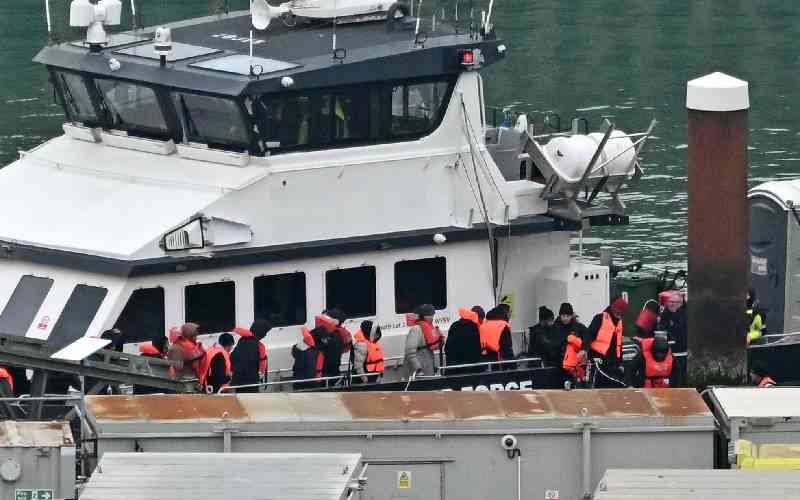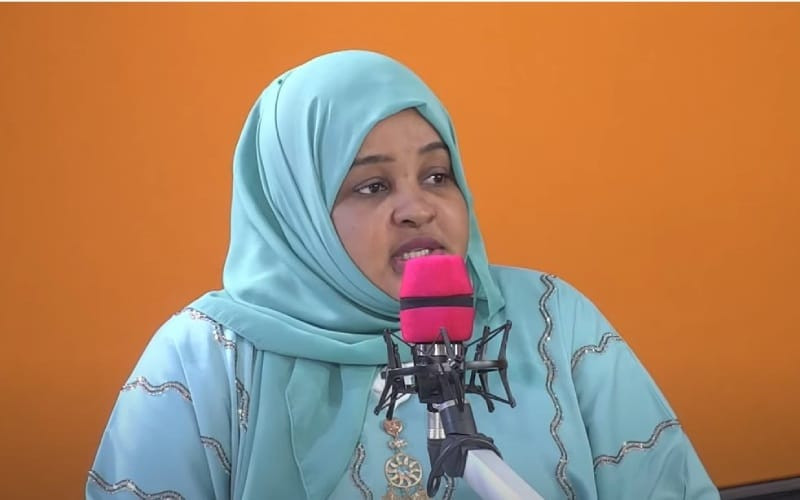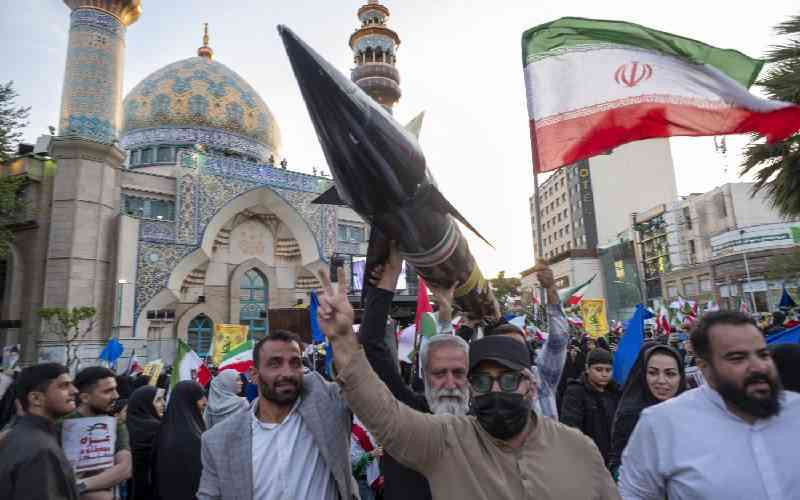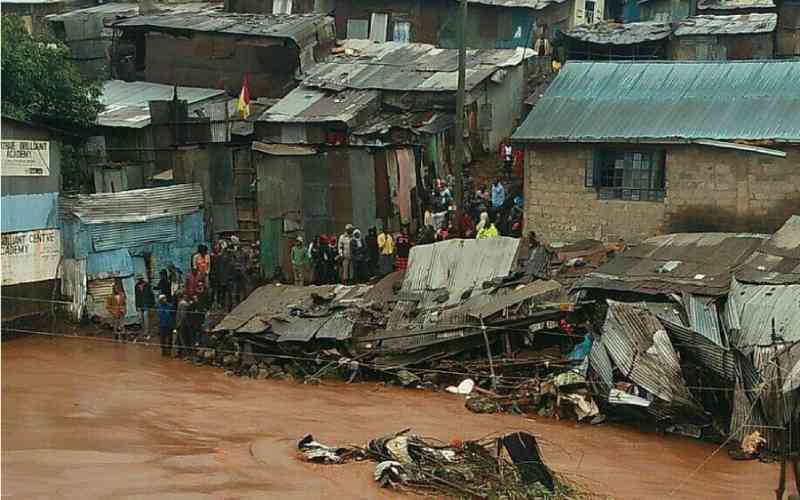By Dann Okoth
KENYA: Trouble is simmering in Kenya’s northern frontier following the discovery of substantial oil deposits in several drilling sites in Turkana County, as communities dig in for fair share of the resource, it has emerged.
While transparent management of the resource could lead to greater prosperity for communities, as witnessed in oil producing western states like Russia and Sweden – mismanagement of the resource and corruption could result in tragedy like in the Niger Delta in Nigeria and the Sudan.
Tullow oil, the company entrusted with oil prospecting in the region, announced early this year that it had struck oil in two sites in Turkana namely Ngamia (I) and Ngamia (II), adding that the area had potential for vast mineral oil deposits.
But the prevailing legal and policy vacuum on resource sharing and compensation for affected communities – and lack of civic education and sensitisation – is a breeding ground for chaos, experts warn even as community members questioned the rationale behind continued hiving off of their land without their consent.
Geology Bill
Although the draft Geology, Minerals and Mining Bill and Policy 2012 seeks to provide a strong legal and institutional framework to develop the sector and create value for stakeholders – under the provisions of the draft Bill, local communities will get five per cent royalties for minerals from their area, and 20 per cent to the county while 75 per cent will go to the central government, it has been faulted by some stakeholders for falling short of the provisions of the Constitution.
Constitution Implementation Commission chairman Charles Nyachae told a parliamentary commission that provisions of the Bill did not seal all fault lines for corruption.
He added it was not clear who should own newly discovered minerals or what happens if minerals are found on private or community land. The Bill is now awaiting parliamentary approval.
Bill amendment
“I was rather surprised the Bill was presented to Parliament as it were when it had been thrown back to the Ministry of Environment and Mineral Resources to amend it,” says Prof Paul Syagga, a land economist and lecturer at the University of Nairobi, Department of Real Estate and Construction Management. “The Bill is replete with myriad flaws, which needs to be addressed to align to the constitution.
“For the moment though, issues arising from oil prospecting and exploitation in the North would have to be addressed by provisions in the Constitution and National Land Policy,” he added.
As the legal impasse persists the Turkana community came out fighting vowing to fight to the end to defend their land and ensure equity in sharing of the resource.
“We are under siege since the oil was discovered,” said Mzee Peter Ejore when he spoke to The Standard On Sunday during the World Human Rights Day Celebrations in Korogocho slums in Nairobi, early this week.
Swathes of land
Stay informed. Subscribe to our newsletter
“Strange people come and fence off huge swathes of our land without telling us what is going on. Our leaders and the Government also do not explain to us,” he added.
He says the community is in the dark over the contractual arrangement between the oil company and the Government, adding that their fate is uncertain.
“All a Turkana knows about is his animals and grazing land. They are talking about compensation and sharing.
“What compensation would let me let go of cows? We can see they are taking a few children to school through devolved funds, but how do you equate this to our livelihoods and heritage,” he observes. According Benson Elim a member of the Turkana Professionals Association, misunderstandings and lingering economic and security issues need to be addressed to avoid the oil blessing becoming a curse.
“We need the Government to address issues affecting us in a sound and legal framework. We have been in conflict with neighbouring countries decades over resources,” observes Elim.
“Now we are reliably informed that oil has been discovered in Lake Turkana and Ethiopia is busy constructing a dam across the main tributary to the lake. We depend on the lake for water for our animals and fish for our substance, what happens to us if it dries up or it becomes an oil rig,” he adds.
Indeed with the discovery of oil and minerals in other parts of the country many are keenly watching the extent to which the provisions of the Constitution will be effective in protecting and enhancing the rights of the local people in whose areas those resources are found.
It will be interesting, for example, to see how the new Constitution will deal with the well-documented concerns that discovery and exploitation of resources always turns out to be a curse especially to the local community.
The manner these concerns are being negotiated and agreements signed will also bring into sharp focus the roles of the different institutions that have been established by the Constitution.
Starting with the issue of local communities one of the critical areas that must be comprehensively addressed is the implication of the constitutional provision that requires Parliament to enact legislation ensuring that investment in property benefit local communities and their economies.
Concession agreements
No such legislation has been enacted and yet the Government is busy executing concession agreements with various foreign companies to exploit resources on community land.
Questions therefore arise as to what extent are local communities being involved in these agreements and are these agreements in line with the Constitutional provisions? Is there need to have a clear formal impact and benefit agreements with the local before such companies are allowed to start their operations?
At the institutional level the question that arises is the role of the yet to be gazetted National Land Commission.
According to the Constitution all minerals and mineral oils fall under the definition of public land. Such land is to be administered by the National Land Commission. Under what constitutional or legal authority are the various government institutions entering into such agreements?
Are these government bodies acting beyond their constitutional power in executing these agreements?
Syagga, is adamant the policy and contractual agreements should be explicit on how the resources would be shared between the investor the government and the communities.
“I now hear that 90 per cent of the proceeds would go to the prospector for a good period of time until their recoup their investment. Ten per cent will be shared between the central government and the community. But how much would the profit be and how long will take the investors to recoup their investment. And if the sharing should factor in community social responsibilities like building schools and hospitals then presumably the benefits will reduce significantly, then what else will the community benefit,” he poses.
Resettlement plan
He however challenges the government to come up with come up with a sound resettlement plan for the communities by procuring alternative land and provide re-location benefits.
“The compensation should be fair and prompt to ensure communities are disadvantaged. However, development is in the interest of the public and the government has every right to exploit a resource such as oil.
These things affect people the world over and without people giving way for development the industrial revolution would not have taken place, all that needs to be done is for the communities to be sensitised,” Syagga says.
 The Standard Group Plc is a
multi-media organization with investments in media platforms spanning newspaper
print operations, television, radio broadcasting, digital and online services. The
Standard Group is recognized as a leading multi-media house in Kenya with a key
influence in matters of national and international interest.
The Standard Group Plc is a
multi-media organization with investments in media platforms spanning newspaper
print operations, television, radio broadcasting, digital and online services. The
Standard Group is recognized as a leading multi-media house in Kenya with a key
influence in matters of national and international interest.
 The Standard Group Plc is a
multi-media organization with investments in media platforms spanning newspaper
print operations, television, radio broadcasting, digital and online services. The
Standard Group is recognized as a leading multi-media house in Kenya with a key
influence in matters of national and international interest.
The Standard Group Plc is a
multi-media organization with investments in media platforms spanning newspaper
print operations, television, radio broadcasting, digital and online services. The
Standard Group is recognized as a leading multi-media house in Kenya with a key
influence in matters of national and international interest.









